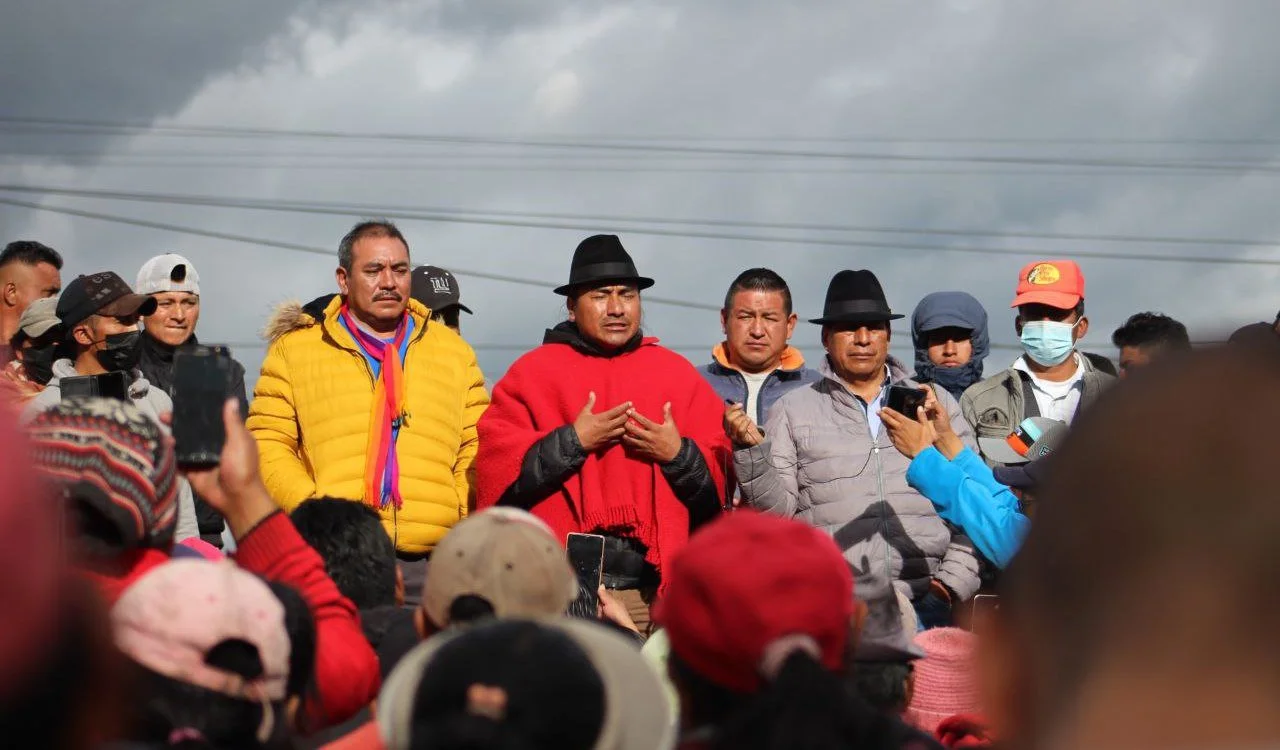The best laid plans
We had a plan. It was simple. Fly SFO to UIO, stay a few nights in Quito to get a little business done, then make the bus trek over the Andes Mountains to La Josefina, where we would meet my Ecuadorian family and our little cinderblock house and spend at least the next month nesting. Such nesting would entail interior painting and curtain-making, hammock hanging, probable bunkbed building, sugarcane sucking, banana bread making, and green orange picking.
Said plan was specifically designed to be smooth and atraumatic -- a means to mitigate any upset the kids may experience in having purged, packed up, and disembarked from all the comforts of home and community. We had every intention of grounding ourselves to a halt in La Josefina. It was going to be amazing.
And then on June 13, the Ecuadorian people took to the streets.
 |
| image from the guardian.com |
 |
| image from ecuadoriantimes.net |
 |
| image from elcomercio.com |
You haven't heard? I know, these nation-wide strikes have hardly made the news, save for an occasional headline highlighting rare incidents of violence. As I have mentioned previously, Ecuador isn't often featured in global news. To be fair, there is a lot of big news theses days; Roe vs. Wade has been overturned, the January 6 hearings are ongoing, and Russia is shooting missiles at Kiev. And Ecuador is a tiny country with little global impact.
To be sure, the strikes are a big deal in Ecuador. The country has been paralyzed for more than two weeks. The capital, Quito, has been impacted since the beginning. Roads linking cities to and from Quito are virtually impassable. Most people cannot work. Grocery supplies are increasingly limited. This week, solidarity strikes have arisen all over the country. And resolution does not appear imminent.
Ecuador has a long history of national strikes. The most reliable source I could find identified such strikes in 1981, 1982, 1983, 1988, 1989, 1990, 1991, 1992, 1994, 1997, 2000, 2012, 2019,and now 2022. (As a side note, I was a Peace Corps Volunteer during the January 2000 strike, which resulted in a military coup and overthrown president just after Ecuador dollarized. More on that later).
At the end of the first week, most Ecuadorians I know were optimistic that this strike -- like so many before-- would be relatively short-lived. After all, the most recent nation-wide protest in 2019 lasted a record-breaking 11 days.
Seventeen days later, rather than pitter out, the movement has only grown-- having been organized initially by the large indigenous coalition in Ecuador (Confederation of Indigenous Nationalities of Ecuador, aka CONAIE), joined soon thereafter by teachers, healthcare workers, transport workers, and plenty of regular citizens. And as of today, the largest labor organization in Ecuador. Organizers have threatened that this will be indefinido -- that is, indefinite.
Or at least until the newish president, Guillermo Lasso -- elected in May 2021 -- addresses ten demands.
Of note, Lasso, a businessman and Ecuador's first right-leaning president in 30 years, was elected to power in a run-off vote last year because the two largest liberal parties in power could not play nice in the sandbox. His was a surprising victory, and Lasso has very little support in Congress. In fact, Congress has tried unsuccessfully twice in the last two weeks to remove him as president.
CONAIE's ten demands are the following: 1) a fuel price cut and freeze ($2.10/gallon for regular gasoline) 2) prevention of expansion of oil and mining in indigenous lands 3) a 1 year moratorium on debt repayment for farmers 4) price regulation of agricultural products (milk, rice, bananas, onions, etc) 5) labor reform including social security payment 6) respect of previously agreed upon indigenous rights 7) a halt on the increasing privatization of public sectors (e.g. roads, telecommunications) 8) price control on staples 9) funding and infrastructure for public hospitals and public school systems, and 10) public policy and security to reign in increasing violence and organized crime in urban centers.
As of this writing, 6 protestors have died. Indigenous protestors have accused President Lasso of inciting violence by prohibiting peaceful protest and by authorizing unnecessary levels of force from police and military. On the very first day of the protest, the leader of CONAIE, Leonidas Iza was arrested by Ecuadorian police and held for 24 hours before being released without explanation. Lasso, in turn, accuses Indigenous protestors of causing violence and says that he must authorize force because it is what is required to keep peace. Lasso has also been slow to agree to come to the table to negotiate with Indigenous leaders; after cancelling several times, he then sent a representative to a meeting rather than attend himself.
I support the strike. I support the strike because I support the democratic right to protest, I support Indigenous rights, I recognize the long history of racism and oppression in Ecuador. I believe the people when they say they are suffering from rising food and gas prices that make it difficult to eat and care for their children. I believe the healthcare system is under resourced. I believe that a small minority in Ecuador have often benefited from its rich resources, always at the expense of Indigenous lands and people.
And, selfishly, I just wish it weren't happening in this very moment. Because, selfishly, I want to take my sweet family to a place I love. And hug my people. And eat oranges.
With no end in sight, it's time for a pivot. And so, as I write, new plans for our little family are being laid. We are still packing up our house and still planning on disembarking in 5 days. Our ultimate destination is still Ecuador. But we may enjoy a little "pre-cation". Stay tuned.
 |
| Leonidas Iza, leader of CONAIE |
 |
| Guillermo Lasso, President of Ecuador |

Comments
Post a Comment